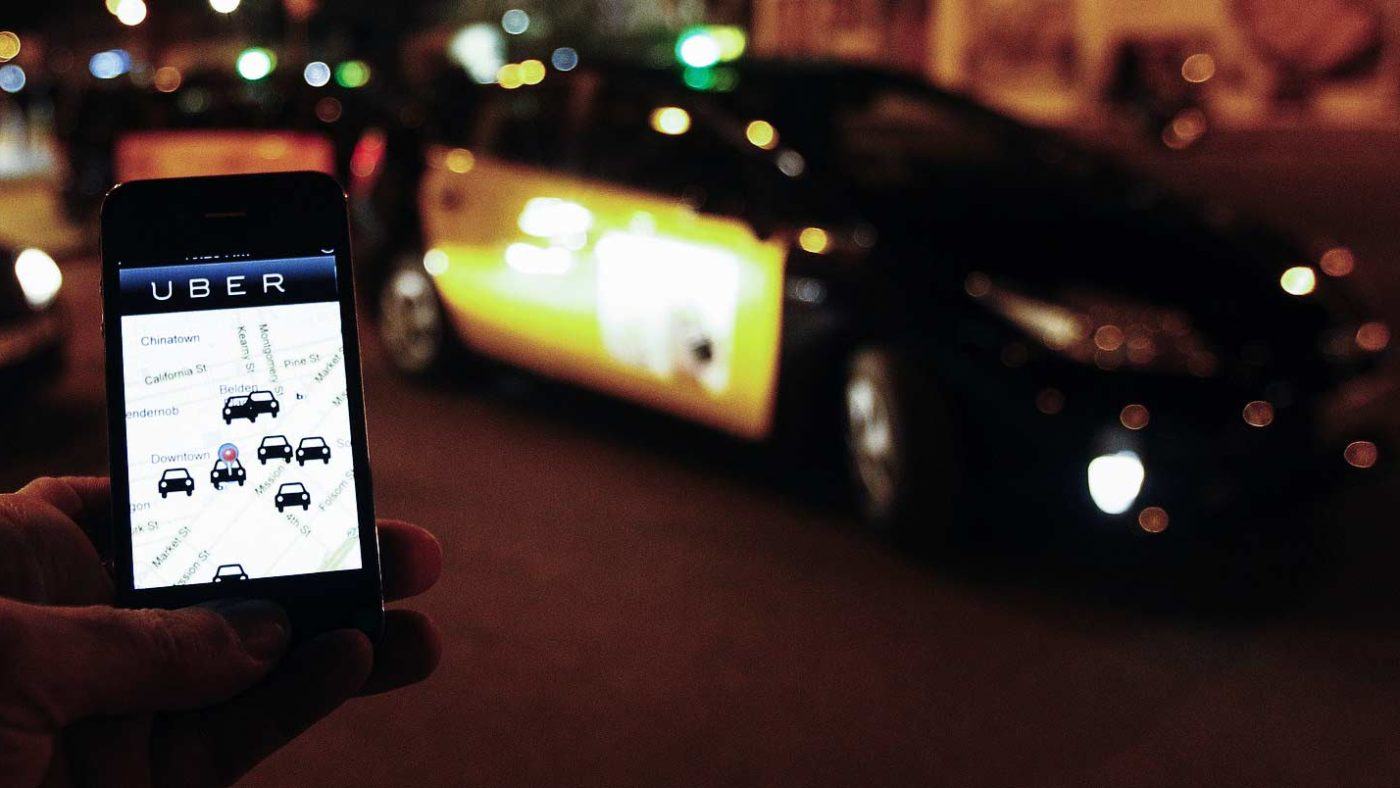A UK Employment Tribunal has ruled that drivers who use the Uber platform should be regarded as employees. This qualifies them for various statutory benefits, including the national minimum “living wage,” paid rest periods, and holiday pay.
The Tribunal’s ruling constitutes an existential threat to the sharing economy in Britain, but it rests on a fundamental misunderstanding of platform technology.
The Tribunal stated a number of reasons for its decision. Among them were:
- Uber controls the key information (in particular the passenger’s surname, contact details, and intended destination) and excludes the driver from it
- Uber sets the (default) route and the driver departs from it at his peril
- Uber fixes the fare and the driver cannot agree a higher sum with the passenger
- Uber subjects drivers through the rating system to what amounts to a performance management/disciplinary procedure
- Uber handles complaints by passengers, including complaints about the driver
What is noticeable about these reasons (among others stated by the Tribunal) is that they are all business features that improve on problems with traditional car hire services or otherwise answer passenger concerns:
- Passengers are often rightly wary of sharing personal details with any driver they do not know
- Passengers are often concerned that they are being taken “the scenic route” to jack up the fare
- Passengers enjoy certainty that fares will not be increased at the whim of the driver, who has significant bargaining power
- Passengers can be assured through the rating system – where ratings are assigned by fellow passengers not Uber managers – that their driver is trustworthy
- Passengers might be unwilling to raise a legitimate complaint with a driver personally
These features are all made possible because the passenger is treating with the driver for his or her services through a platform, rather than directly.
An Old Principle
We often think of platforms as a new technology but the principle is very old. Think of the medieval market where the town would charge stall holders for the right to sell their wares or produce, throw out cheats, and punish unruly patrons. The stall holders were in no way employees of the market.
If the market also had employed a payment system that would give certain guarantees to both merchants and patrons (a sort of medieval MasterCard), that would not have changed the situation either. Modern platform technologies scale up this sort of business arrangement to the national level, while at the same time personalizing the experience for the patron.
The Tribunal appears not to understand modern platform technology. When the Tribunal says that “it is not real to regard Uber as working ‘for’ the drivers and that the only sensible interpretation is that the relationship is the other way around”, it gets things exactly backwards.
Uber puts drivers in touch with people who need rides. It also increasingly (through UberEATS) puts restaurants in touch with people who need food. In the future it could easily put people like me who have far too many power tools for the time we use them in touch with people who have none. The facts that it makes sure we don’t rip people off, guarantees payment, and ensures quality through ratings feedback are features, not bugs of the system.
This is why Mark Littlewood, Director-General of the Institute of Economic Affairs in London, had this to say about the ruling:
“It’s a mistake to think of Uber as an employer – it is simply a platform that allows drivers and customers to meet and trade. By harnessing the power of the app, drivers are able to work for themselves; they set their own working hours and decide with whom they will do business. Uber is no different from the dozens of other sharing platforms, such as Airbnb and eBay. It would be laughable to suppose that those who run their business through eBay should expect sick pay and holiday leave from the tech firm.”
A Terrible Blow
The result of the Tribunal’s ruling, should it be allowed to stand on appeal, will be detrimental to the UK economy. Where sharing economy firms have lowered transaction costs and allowed more market transactions to take place, providing value to both provider and patron, government employment regulations will raise them again. The number of trips offered by drivers will fall, and the costs of those still offered will rise. It will be difficult to get a ride south of the river in London after midnight once again.
It will be bad for workers too. Drivers like my recent Uber driver in London will be forced to go back to the welfare state. As Mark Littlewood also said:
“The nature of the labour market is changing, with more people self-employed than ever before. Sharing platforms such as Uber have had a huge part to play in this change that allows people greater flexibility in their work. They should be applauded for enabling these positive changes to peoples’ working lives, not restricted by senseless rulings such as this.”
This ruling puts the sharing economy under existential threat in the UK. One hope is that Employment Tribunals are often overruled on appeal to the actual courts of law. As the Tribunal at one point cited as an authority by saying, “They also serve who only stand and wait,” we can hope that the court of appeals will pay more attention to the actual law.
In the meantime, perhaps Her Majesty’s Government will recognise this threat to a vibrant part of the growing British economy and take steps to formally recognise the sharing economy in law. If it does so, as with Blockchain technology, it will show itself to be the most responsive jurisdiction to the way technology is changing our lives for the better.
This article was originally published on FEE.org. Read the original article.


